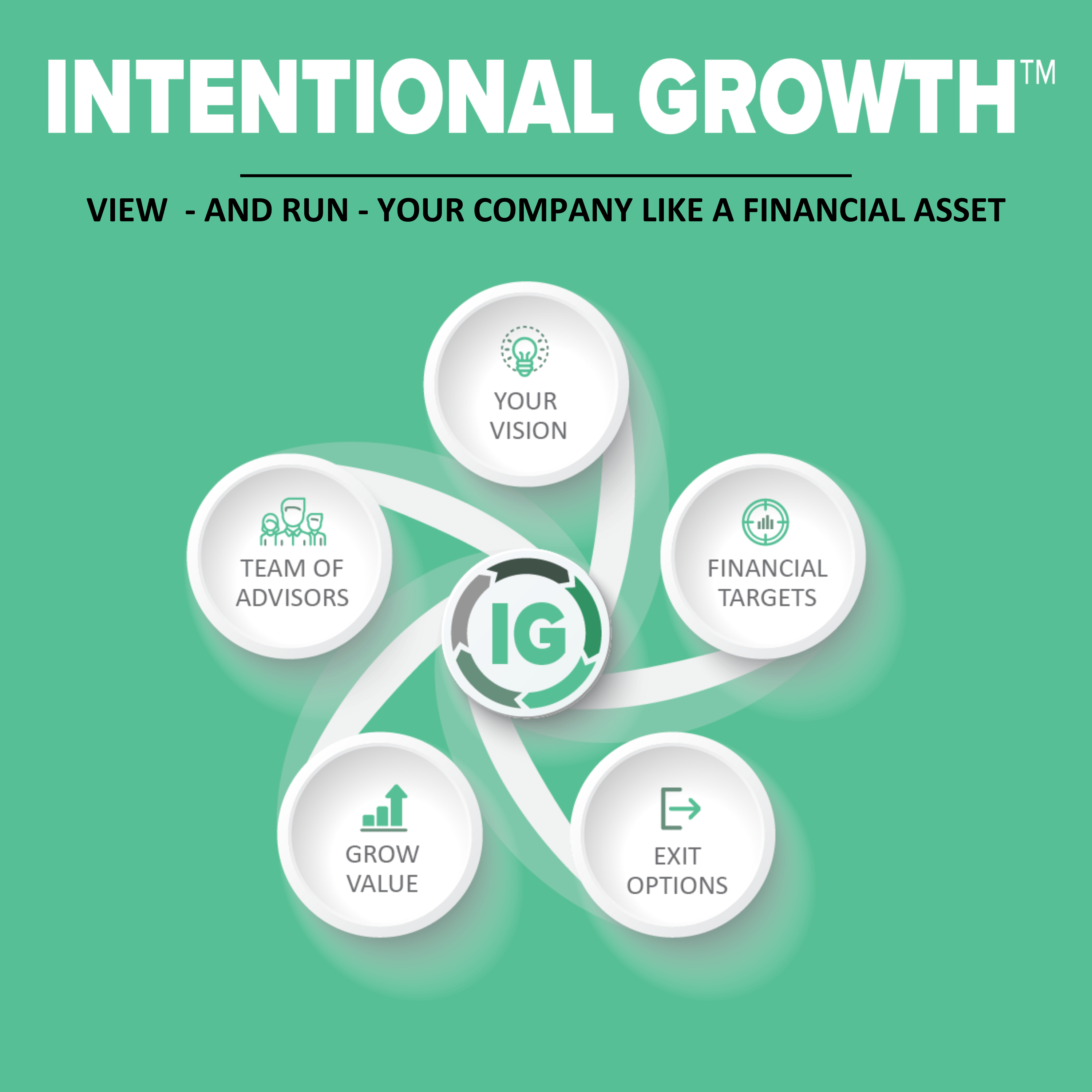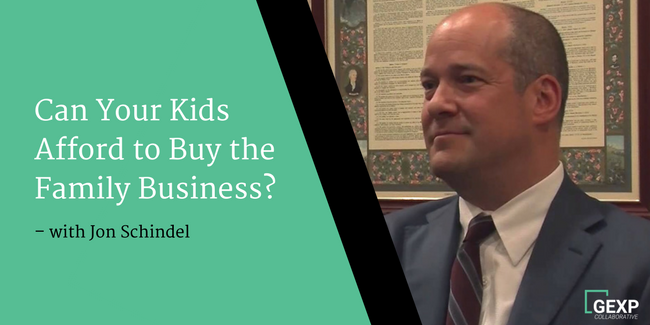My guest today is Sherry Deutschmann, the founder of LetterLogic and currently Sunset Ventures. Sherry began LetterLogic in direct response to her previous employer’s lack of interest in improving business practices. She built her own business doing the exact same service, but with one key difference, she implemented an employee-first business model.
The model changed how her business grew, including creating a unique culture. Sherry’s intimate business model made her business desirable to clients and buyers alike. LetterLogic was included on the Inc 5000 list eleven years in a row!
Today, Sherry shares what lead to her decision to sell LetterLogic and what she would have done differently in hindsight. Employee-first companies are a rare business model, but the results can be shockingly impressive. Sherry makes a good argument for the business model and also warns against the downside of selling a business built on the employee-first mindset.
Do you know the full value of company culture? It may surprise you to learn just how much value you, as an entrepreneur and business owner, can get out of establishing an employee-first culture. Sherry Deutschmann talks real numbers and how her company profited under this business model.
One of the values near and dear to Sherry’s heart is paying it forward. As most entrepreneurs do, she established her business after discovering a severe lack in her industry for client care and company culture—she found herself endlessly apologizing to her clients on behalf of the cold culture at the company she worked for. Enter her first entrepreneurial step: selling everything to better fulfill this very niche market service gap.
She started her business in her basement and refused to compromise on her values. As she worked to grow her company, she made sure that her employees had as much buy-in to what she was doing as she did.
She started doing some research into how to make her employees more invested in the business. What she came up with as unique approach to the market which included raising her minimum wage to more than double the state average and even employing profit sharing. And she found that neither of this things negatively impacted profit; they actually caused her company to boom!
While there are many courses you can take and seminars you can attend on how to improve employee culture at your company, Sherry’s advice is practical and proven. She suggests taking a look at the two lowest-earning employees at your company and looking at what would happen if they got married and tried to establish a family where they live (hypothetically, of course!).
In her particular case, she realized that at the wages she was currently paying these two employees—despite being higher than the state average—wasn’t enough to ensure a good quality of life. They wouldn’t be able to afford to buy a home, for example, and forget raising kids and sending them to a good school. So she raised their wages. However, after further number crunching, she realized even that raise wasn’t going to be enough—so she raised them again!
What happened next was remarkable. She was hearing success story after success story of employees who were now far more productive because they were able to focus on doing their work rather than worrying about getting off in time to go to their second (or third) job or if they could afford to get a sitter on a day that their kids were sick. 100 little worries, and some major ones, were solved by increasing the minimum wage.
But Sherry didn’t stop there. The other big monetary change she made compared to her industry was to start profit sharing. In the beginning, the checks may only have been $7, but the precedent was set and she had everyone’s buy-in. From a trucker to the CEO, each employee received a share of the overall profits of the company and therefore was more engaged in their work to increase those profit margins.
This meant that there was less human error, so fewer costly mistakes were made, and client retention was at an all-time high. It also meant that the sales force wasn’t considered the bad guy, even though they got paid more on a daily basis. The sales team shared in the profits equally (not more than) their peers, so they received unequivocal support and made sales based on client need rather than for the purpose of hitting monthly bonuses.
In the end, profit sharing checks reached $1,500! That’s pretty impressive when you think about the impact on employees who received this bonus regularly.
Unless you’re looking to skin the cat to make your first million, you aren’t going to notice a huge cut in your take home. You’ll also see better client and employee retention, leading to a more sustainable business and a more attractive acquisition when the time comes. This all puts more money in your pocket in the long run. We all know the hassle of finding good help and keeping it, as well as the cost to us as the employer to train new people.
When Sherry noticed her expenses rising and that she wasn’t earning a profit—and therefore had to go into her meetings and let her staff know that there would be no bonus—she took a close look at what was causing the disconnect. It had nothing to do with her employees whatsoever. Rather, it was because she was spending money on trying to take the business in a direction it wasn’t equipped for.
Due to these two months without profit, she decided to sell her business.
Although her business had made the Inc 5000 list 11 years in a row and she had seen profits for 60-70 months prior, she knew the time had come for her to close her chapter with this company. It was an extremely hard choice for her because of the incredibly close relationship she had with her employees.
While the decision was very emotional, she set on it with a very calculated approach. She took on an advisor to help show her where she had weaknesses and strengths and to help her make her company more appealing to the market. From there, she also focused on what mattered most in the sale—ensuring that her employee-first culture would remain intact.
As many of us know who have sold companies before, rarely do you close a sale to another company and retain your culture in its entirety. Sherry made a good attempt, but hindsight is 20/20 and if she could do it again, she would choose to be the acquirer and absorb another business into hers which would provide the digital services she required to continue to grow her business without losing the moral fibre of her company.
Upon selling her company, she had one-on-one conversations with each of her employees to give them yet another sort of profit sharing: she chose to share 15% of the profits from selling her company with her staff based on their tenure. While this may be beyond your purview, you can imagine the resounding impact this had on each of their lives. This final step was one more way for Sherry to live her core values of employee-first culture and paying it forward.
When you look at your business, can you improve your culture? Can you improve your employee’s lives by restructuring how you compensate them? If so, do you see the value in doing it?
Sherrydeutschmann.com
Sherry on LinkedIn
The Status Quo Sucks
Finish Big by Bo Burlingham
Sherry Deutschmann left her career with a major medical billing company to start her own. That company became LetterLogic. Sherry built a highly profitable business on the mindset of employee-first. She saw rapid growth within 18 months and moved her business out of her basement. LetterLogic was present on the Inc 5000 list 11 years in a row! This impressive growth and unique culture made her business very attractive to buyers. After an emotional sale, Sherry started an angel investment firm for women entrepreneurs called Sunset Ventures. She has shared her business experience as a mentor and is the author of many upcoming business books.

We are on episode 4 of the Value Growth Series. Does the thought of hiring or managing a sales executive give you a stomachache?...

On today’s episode, I’m talking with Tech Guru founder and EOS expert, Daniel Moshe. We’re talking about how he started his business, how he...

Are you a parent thinking about handing down your business to your kids, but you’re not sure how to divide the earnings and the...